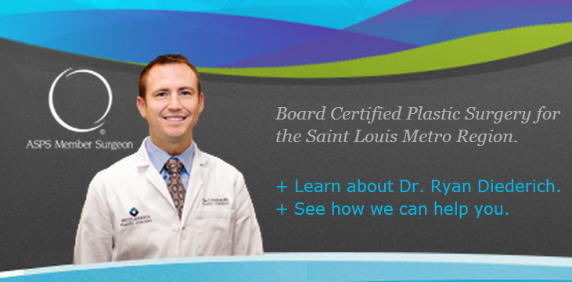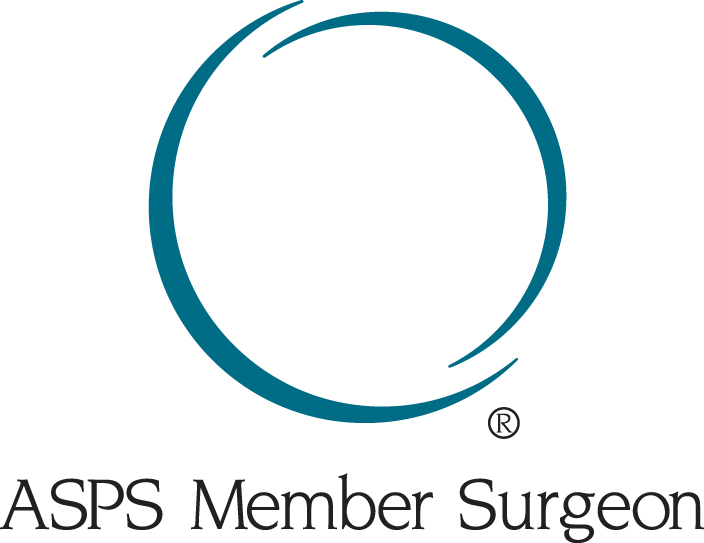Believe it or not, many states have laws permitting any licensed Physician to call him – or herself a “Plastic” or “Cosmetic” Surgeon. Though these Physicians have not been trained as Plastic Surgeons – many having no surgical training at all – they are permitted to perform plastic and cosmetic procedures. As a result, many Physicians with training in Family Practice, OB/GYN, ENT, Dentistry, and more often call themselves “Plastic Surgeons” which can be very misleading to the average patient.
So what is the difference?
- Plastic surgeons are trained to perform surgery. It may sound obvious, but many people don’t realize that only some of the 24 medical specialties recognized by The American Board of Medical Specialties include surgical training. Plastic surgery is a surgical specialty.
- Plastic surgeons are experts in both facial and body procedures. Board-certified plastic surgeons complete a minimum of five years of surgical training following medical school, including a plastic surgery residency program. In-depth training encompasses surgical procedures of the face and the entire body.
- Completing the rigorous requirements of plastic surgery training is not enough to become board certified. Plastic surgeons must also pass comprehensive written and oral examinations encompassing their knowledge and personal cases and results.
- Plastic surgeons are trained to prevent and, if necessary, handle emergencies. A comprehensive education, including a sound foundation in anatomy and physiology, provides plastic surgeons with an understanding of all body systems-including ventilation, circulation, and fluid and electrolyte balance-which is vitally important to patient safety.
- Plastic surgeons training develops technical skill and aesthetic judgment. Experience gained during years of training in complex reconstructive surgery provides plastic surgeons with outstanding technical skills. Additionally, attention to form as well as function provides these specialists with a finely tuned sense of aesthetics – a unique qualification that is critical to the success of cosmetic surgery where judgments of balance and proportion are called upon.
- Plastic surgeons have access to a wide range of potential treatments. Of all the different medical specialists, plastic surgeons have the training to offer their patients the entire scope of cosmetic treatment modalities. Their recommendations are not limited by lack of training or inability to obtain hospital privileges to perform complex procedures when necessary.
This is your health. Your body. Your care. Take the time to learn the difference and choose a board certified plastic surgeon.
So how do I know?
Look for the logo:


